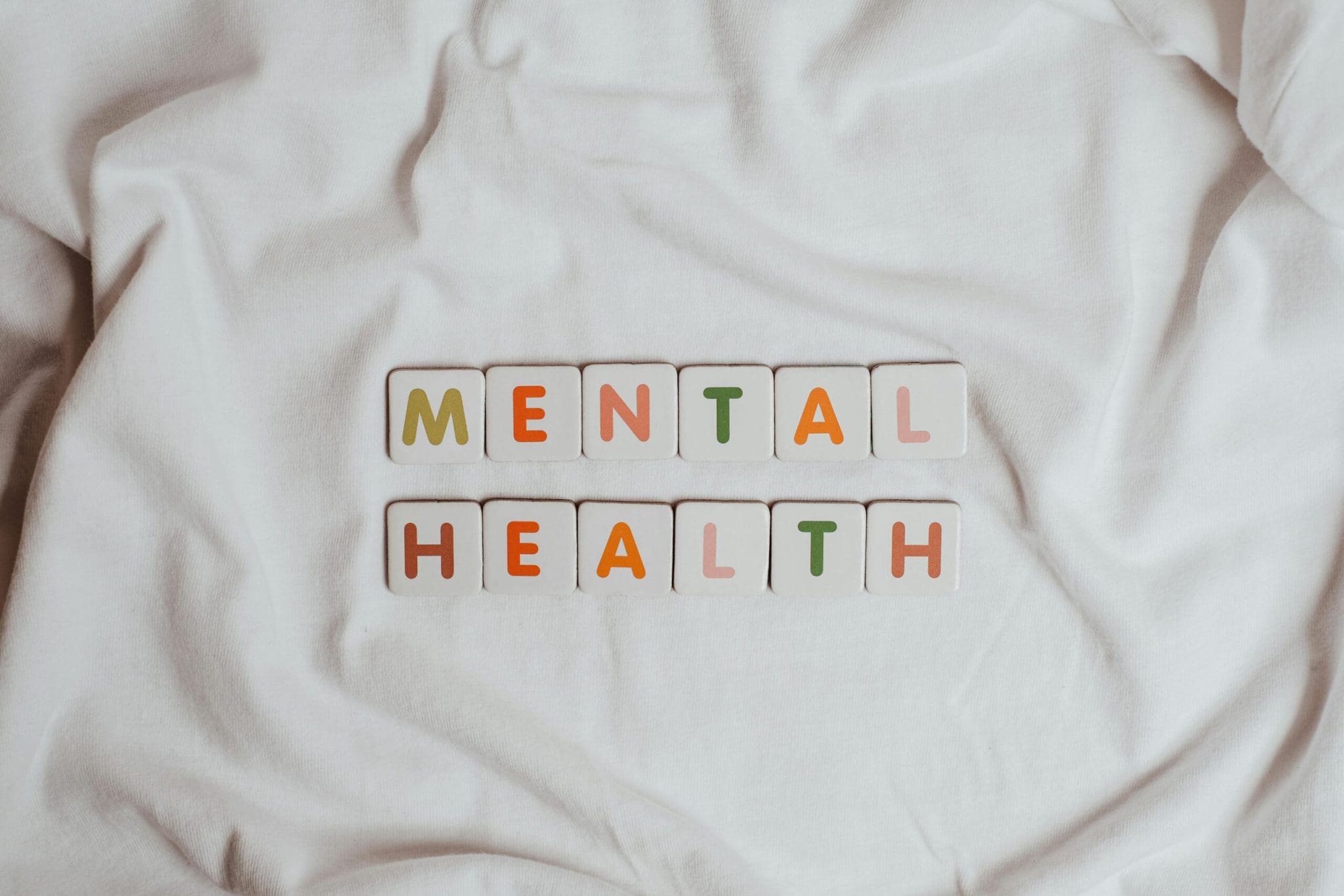Full Disclosure: Clicking on these links could mean a tiny commission for me, at no extra cost to you.
Being a teen is hard enough under the best of circumstances, but for teens struggling with mental health or addiction, everyday can be an uphill battle. For teens struggling with these types of issues, it is important that they get drug addiction help and treatment so that they can heal and overcome their struggles and go on to live happy, healthy and fulfilling lives. But what treatment for teens is the best solution? In this article, we’ll give you the different forms of treatments available for teenagers and what you can expect from each.
Advertisement
💚 Ready to Start Healing?
Therapy can change lives — and BetterHelp makes it easy. Get matched with one of 20,000+ licensed therapists and begin your journey from the comfort of home. Services start at just $65/week — no waiting rooms, no commute.
Treatment for Teens Struggling with Mental Health
Teen mental health has become a pressing concern. Anxiety, depression, and emotional struggles often hit during adolescence, a time already full of changes and challenges. The good news is that with the right support, tools, and treatments, teens can learn to manage their mental health effectively and build resilience for a brighter future.
You should seek out treatment for your teen at the first sign of mental health struggles or drug addiction. These signs can be obvious, such as your teen using drugs daily or regularly withdrawing from others, or they can be more subtle, such as your teen just not seeming like their usual self. The most important thing to remember is that there are always signs. You just have to be able to spot them.
Let’s explore the most impactful treatments and supportive tools that resonate with teens while staying authentic to their journey.
Signs of Possible Mental Health Problems in Teens
If you then notice that your teen’s mental health or addiction is causing issues in their life, such as poor school grades or losing friends, then it is paramount to begin treatment as soon as possible. The earlier treatment is started, the better chance your teen has of making a full recovery and going on to live a happy fulfilling life.
Some common signs of mental health concerns in teens are:
- Feeling sad
- Confused thinking or a reduced ability to concentrate
- Excessive fears or worries
- Extreme feelings of guilt.
- Extreme mood changes of highs and lows
- Withdrawal from friends and activities
- Significant tiredness or low energy
- Problems sleeping
- Drug use
Treatment Options for Teen Mental Health
There are a multitude of treatments for teens who are struggling with their mental health. However, there is no one-size-fits-all solution, it will take patience, as well as some trial and error, to find the right treatment for your teen.
1. Therapy: Creating a Safe Space for Teens
Therapy remains one of the most effective mental health treatments for teens. Professional counseling, whether in-person or through telehealth, provides a safe space for adolescents to express themselves without judgment.
- Cognitive Behavioral Therapy (CBT) helps teens identify and challenge negative thought patterns, teaching them coping mechanisms for anxiety and depression.
- Group Therapy connects teens with others facing similar struggles, reducing feelings of isolation and fostering community.
- Family Therapy is essential when the family dynamic impacts a teen’s emotional well-being.
For many teens, starting therapy can feel intimidating. To encourage openness, parents can pair emotional support with thoughtful gifts like a fidget ring or worry stones offer a sense of calm during moments of anxiety.
2. Mindfulness and Grounding Practices
Mindfulness has become a key practice for mental health treatment for teens. Teaching young individuals to stay present and manage overwhelming emotions can transform their approach to stress.
- Deep Breathing and Meditation: Apps and guided sessions make mindfulness accessible for tech-savvy teens.
- Grounding Objects: Small, tactile items like fidget rings or crystals for anxiety can help teens refocus during stressful moments. Worry stones, for instance, are smooth, comforting tools teens can carry in their pocket, offering an immediate sense of calm.
- Journaling: Expressing emotions through writing allows teens to process feelings and track their mental health journey.
3. Healing Stones and Gemstone Therapy
Holistic mental health practices are gaining traction among teens seeking alternative, natural methods of healing. Crystal healing stones and gemstone jewelry have become increasingly popular tools to complement traditional therapies.
- Healing Stones: Stones like black tourmaline (for protection) and tiger’s eye (for courage) can help teens feel grounded and supported. Keeping a worry stone or a small crystal in their backpack serves as a physical reminder of strength and calm.
- Gemstone Jewelry: Bracelets, necklaces, or rings featuring gemstones not only look stylish but also act as mindful accessories. Teens often enjoy the combination of aesthetics and deeper meaning.
- Fidget Rings: Stylish yet functional, spinner rings (aka: fidget rings) can be incredibly soothing for anxious teens, offering a discreet outlet for nervous energy during exams, social interactions, or therapy sessions.
While these holistic tools are not a replacement for professional treatment, they can enhance mindfulness practices and provide emotional support for teens managing anxiety and stress.
4. Self-Care and the Power of Routine
A structured routine, balanced lifestyle, and self-care activities are critical components of teen mental health treatment. Encouraging teens to prioritize rest, creativity, and connection can drastically improve their emotional well-being.
- Physical Activity: Exercise, whether team sports, yoga, or dance, helps reduce anxiety and depression by boosting endorphins.
- Hobbies and Creativity: Art, music, or DIY projects give teens a positive outlet for self-expression.
- Supportive Gifts: Small, meaningful items like fidget rings or spiritual gifts can inspire teens to embrace self-care. A mental health care package filled with a journal, calming teas, and crystals for anxiety can encourage mindfulness and healing.
By combining structure with supportive tools, teens gain a stronger sense of control and confidence over their mental health journey.
5. Building Supportive Connections
Isolation can worsen mental health struggles for teens, so encouraging meaningful relationships is key. Encouraging open communication with family, friends, or support groups gives teens a network to lean on.
- Peer Support Programs: Connecting with other teens through mental health workshops or online forums can reduce loneliness and foster understanding.
- Acts of Encouragement: Thoughtful gifts like crystal healing stones or worry stones can be given as symbols of support, reminding teens they’re not alone.
- Community and Family Involvement: Parents, teachers, and friends play a vital role in recognizing struggles and providing consistent encouragement.
6. Combining Traditional and Alternative Treatments
A successful treatment plan often combines evidence-based approaches like therapy and medication with alternative methods that resonate with teens.
- Medication: Under professional supervision, medications for anxiety or depression can help manage symptoms when necessary.
- Alternative Tools: Items like spinner rings, gemstone jewelry, or other crystals for healing can serve as complementary aids, helping teens connect with mindfulness and emotional calm.
These tools empower teens to take an active role in their mental health while adding a sense of comfort and personalization to their journey.
Advertisement
Access Anxiety Treatment Right Now
→ Online Therapy – Speak with a licensed therapist from the comfort of home. Teen Counseling offers affordable therapy starting at just $65/week. Take the Free Assessment
→ Digital Psychiatry – Start personalized anxiety treatment through Brightside. FDA-approved medication delivered to your door for just $45 in your first month. Get Started
Outpatient vs. Inpatient Treatment Centers
All forms of treatment are going to fall into one of two categories: outpatient or inpatient. Outpatient is when the patient does not stay at the treatment center. They are free to go home at night and continue to go to school or work as needed. Depending on the intensity of the program, someone in outpatient treatment may not even have to undergo treatment everyday. On the other hand is inpatient, where the patient stays at the treatment center for a prolonged period of time. In an outpatient program, the patient basically lives at the treatment center.
Inpatient programs, such as those offered by Havenwood Academy for teenage girls, provide a structured and supportive environment to help teens address their mental health and addiction challenges.
Benefits of an Outpatient Treatment Center
The main benefit of using a teen outpatient treatment center is continuity. During outpatient treatment, the patient does not have to miss school or work, allowing them to feel like they are still connected to the world. The patient will also get to stay connected to friends and family, which can be a crucial source of support for someone undergoing treatment. Being able to stay in one’s own home during outpatient treatment can also be a great source of comfort.
- Continuity: During outpatient treatment, the patient does not have to miss school or work, allowing them to feel like they are still connected to the world.
- Connection: The patient will also get to stay connected to friends and family, which can be a crucial source of support for someone undergoing treatment.
- Comfort: Being able to stay in one’s own home during outpatient treatment can also be a great source of comfort.
Benefits of an Inpatient Treatment Center
There are many benefits to using an inpatient treatment center. The foremost is the intensity. An inpatient program allows for the patient to focus completely on their treatment and nothing else. Another benefit is that an inpatient program is a controlled and safe environment where no harm can come to the patient. The patient is also shielded from any outside triggers that may cause them to relapse.
- Allows patients to focus solely on their treatment.
- Safety: Inpatient treatments for teens provides a controlled and safe environment. This ensures no harm can come to the patient.
- Protection: This type of treatment shields patients from outside triggers, reducing the risk of relapse.
Inpatient and outpatient are both valid options.
Inpatient and outpatient are both valid options. Neither is necessarily better than the other, and the decision of which to use should be based on what is best for the patient.
Additional Resources
At Anxiety Gone, we believe in healing together. We’ve partnered with trusted wellness organizations to bring you the most effective tools, insights, and support. Some links may earn us a commission — always at no extra cost to you.
Join The Club
Connect with our private self-care community for daily support, exclusive tips, and inspiration. Join us today
Talk Therapy
Get matched with licensed therapists online through BetterHelp and begin your healing today. Start now
Hims/Hers
Receive personalized, affordable mental health care + medication from home — no insurance required. Learn more
Mental Health, Right to your Inbox
Subscribe to our newsletter for a place to rest your mental health and find ways to support your journey. Sign up
Emotional Freedom Technique
Tap your way to calm with scientifically backed stress relief. Our readers receive a 14-day free trial! Try EFT now
Mindfulness App
Access 2,000+ guided practices to support your mental health wherever you are + exclusive discount when you upgrade Try it
Online Breathwork
Experience calm and reset your nervous system with guided sessions and receive your first month free . Get started
Find a Helpline
If you need immediate support, visit our directory to find help near you. See helplines









